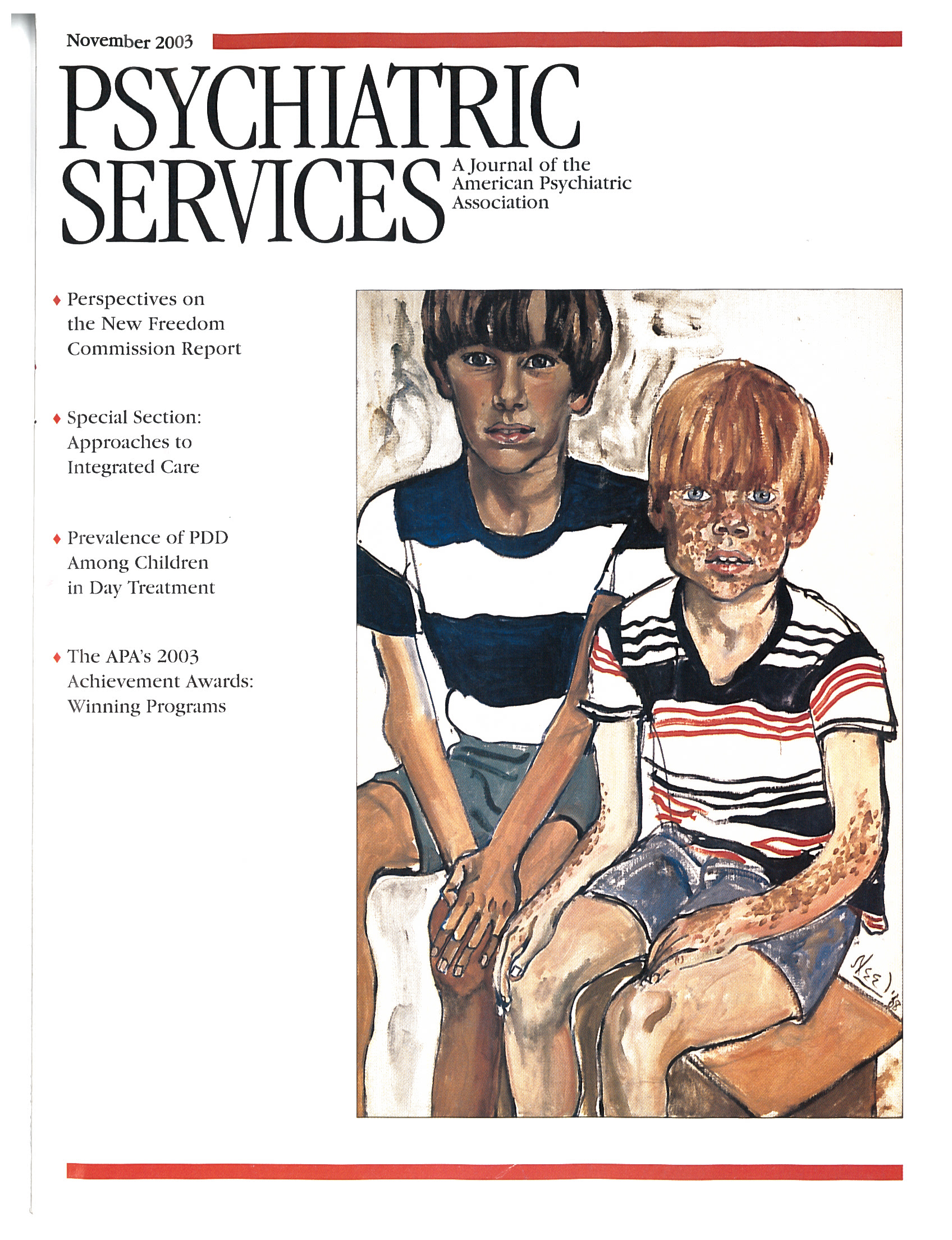To the Editor: The quality of care received by people with schizophrenia is often poor. Methods are needed that identify patients who are not receiving appropriate treatments. Shortcomings with medical records have made it difficult to develop high-quality measurement methods that are useful and feasible in typical settings. The article in the September issue of
Psychiatric Services by Sohler and colleagues (
1) is a good effort to make progress in this area and illustrates key challenges to quality measurement in schizophrenia.
The most useful measures of quality examine domains of treatment process that strongly affect outcomes (
2). With antipsychotic medications, we are most interested in whether they are adjusted to minimize symptoms and side effects. Because symptoms and side-effects are not consistently documented (
3), researchers have had to rely on data about dosage. Sohler and colleagues studied medication use at general hospitals in New York State. They categorized dosages as "low," "recommended," or "high."
One important problem with focusing on dosage is that it is only indirectly related to outcomes. Some patients have reduction in psychosis at low dosages, while others have no side effects at high dosages. Indeed, certain patients do best at low dosages, and others do best at high dosages. Little is known about what proportion of patients do well outside the recommended range. Standard medication trials cannot resolve this issue, because the majority of patients with schizophrenia would fail to meet inclusion criteria.
Further complicating the issue, psychiatrists adjust dosage in response to symptoms and side effects. Psychiatrists might be expected to prescribe low dosages to patients who are less accepting of side effects and high dosages to patients who have refractory psychosis. Indeed, this was found by Sohler and colleagues. In observational settings, the prescribing behavior of psychiatrists generally overwhelms the effect of dosage on outcomes. As a result, studies such as this one cannot estimate the effectiveness of antipsychotic dosages. Novel approaches are needed to determine the relationship between treatment use and outcomes in observational research. In some instances the "instrumental variables" method can control for unmeasured variables, such as illness severity, that are strongly related to both process and outcomes (
4).
Measures of utilization, such as dosage, can become more predictive of outcomes if combined with information about need for treatment. One would, for instance, like to know more about the group of patients prescribed high dosages. Within this group, patients with no psychosis and severe side effects might benefit from dosage reduction. Patients with severe psychosis could be evaluated for clozapine. Patients with no symptoms or side effects appear least likely to benefit from a change. This more powerful approach to evaluating quality is feasible if symptoms and side effects are routinely assessed and documented. Studies such as the one by Sohler and colleagues provide a foundation for quality measurement. The next step is to measure patients' needs in real time and to act on these needs to improve care.

